What Are Collagen Peptides? Your Complete Guide to Collagen Supplements
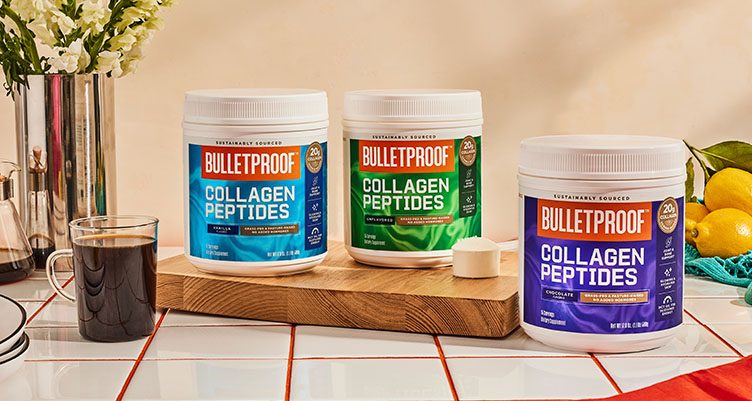
- Collagen is a structural protein. It contains amino acid building blocks for healthy skin, bones, joints and connective tissues.
- Your body naturally makes collagen protein, but production slows down as you age…starting in your 20s.
- Good news: You can get more collagen in your diet from foods and supplements. Our pick? Bulletproof Collagen Peptides powder is grass-fed collagen peptides, and it mixes easily in your favorite drinks.
It seems as if everyone is talking about the benefits of collagen peptides: healthy skin, flexible joints and strong bones. Yes, please! But what is collagen made of, and what is it used for? You’ve come to the right place.
Read on to get the lowdown on this hardworking protein, all the ways that collagen powder benefits your body and how to get more of it in your life. Your body will thank you.
What are collagen peptides?
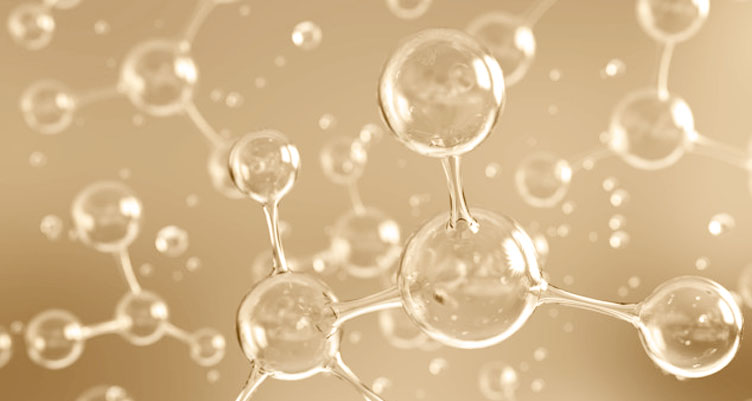
Think of collagen as the glue that holds your body together. The most abundant protein in the body, collagen makes up more than one-third of your total protein. It acts as a building block for healthy bones, teeth, muscles, skin, joints and connective tissues.[1]
What is collagen made of, specifically? It’s rich in glycine, proline and hydroxyproline—the amino acids that help your body make new collagen.
Other Names for Collagen Peptides
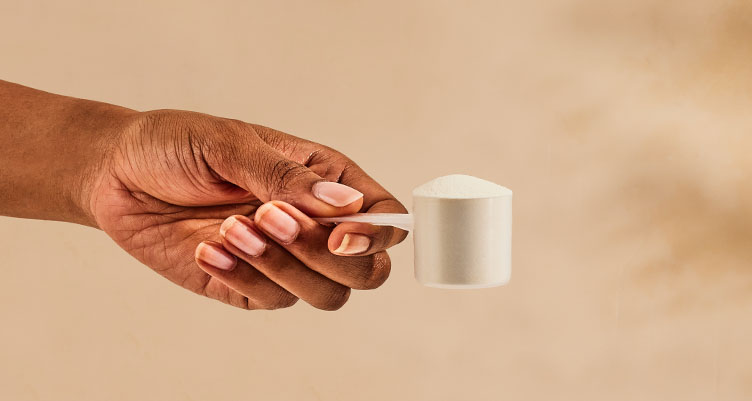
You’ve probably encountered the terms “collagen protein,” “hydrolyzed collagen,” “collagen hydrolysate” and “collagen powder.” These terms are different names for the same thing: collagen peptides powder.
Specifically, all these terms refer to collagen that has undergone a process called hydrolysis. This process breaks down the amino acids in collagen into smaller molecules, making it easier for your body to absorb.
Related: How Do Collagen Supplements Work?
Types of collagen
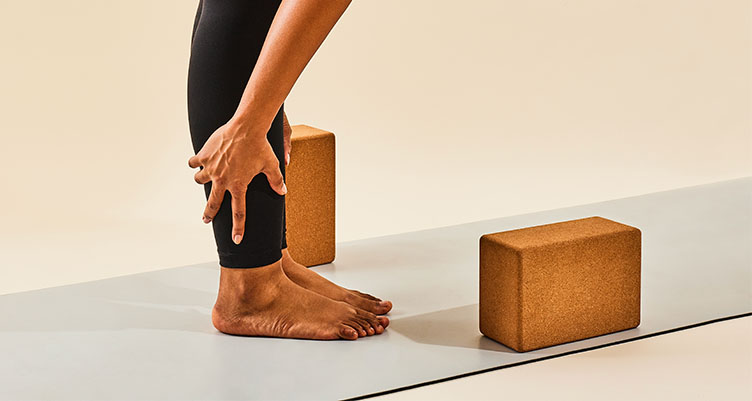
At least 28 different types of collagen exist, but types I, II and III form the bulk of the collagen in your body (between 80-90%).[2] [3] [4]
Types I and III provide structure to the skin, muscles and ligaments, while type II is found in cartilage and the eye.[5]
Bulletproof’s line of collagen peptides powders are made of predominantly type I collagen and a small amount of type III collagen that comes from grass-fed, pasture-raised cows without added hormones.
Benefits of collagen
Okay, now you know what collagen is—but what is collagen used for? The amino acids in this protein play a role in your entire body, from your skin and nails to your bones and joints. Keep reading to find out why people are adding collagen to their smoothies and coffee.
Supports hydrated skin and skin elasticity

Collagen makes up the bulk of your skin, but your body makes less collagen as you get older…starting in your 20s.[6] The result? Sagging skin and fine lines.
Studies show that taking collagen supplements can support plump skin and may reduce wrinkles.[7] [8]
Strengthens bones and joints
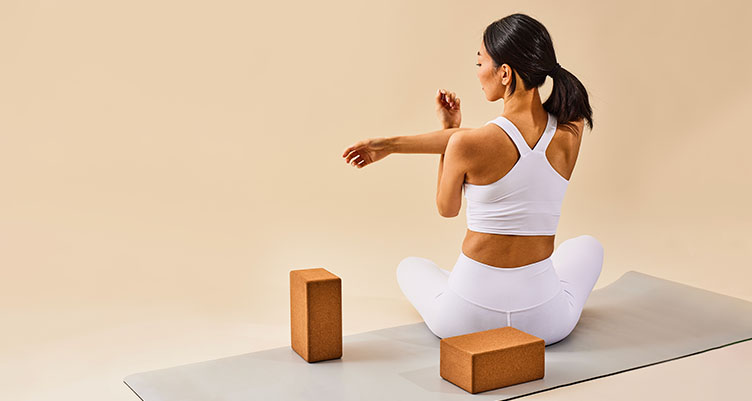
Collagen peptides strengthen your joints, making them more resilient. Research shows that taking hydrolyzed collagen reduces joint pain after exercise and boosts the density of your cartilage, making joints more flexible.
A 2008 study found that athletes who took hydrolyzed collagen for six months saw an improvement in joint pain after exercise.[9] Other studies have shown that collagen helps comfort sore back and knees.[10] [11] New evidence suggests that collagen even supports strong bones.[12]
How to get more collagen in your diet
So, you know what collagen does and why it matters. Next, make sure you’re getting enough of it in your diet. Here are a few ways to eat more collagen, from bone broth to collagen supplements.
Eat more collagen-rich foods
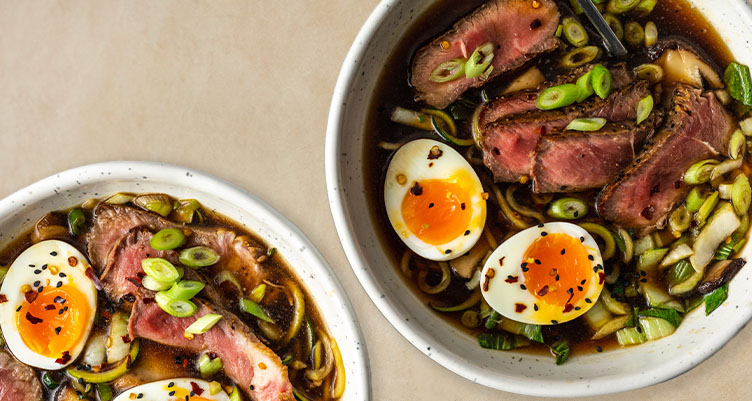
Good dietary sources of collagen include:
- Bone broth (get our recipe for homemade collagen bone broth)
- Pork, salmon and chicken skins
- Non-muscle meats like tendon, tripe, oxtail and knuckle
- Egg yolk and eggshell membranes
Unless you eat these foods regularly, you’re probably not getting enough collagen molecules in your diet—which means you’re missing out on those health benefits. That’s where collagen dietary supplements come in handy.
Take a collagen peptides supplement
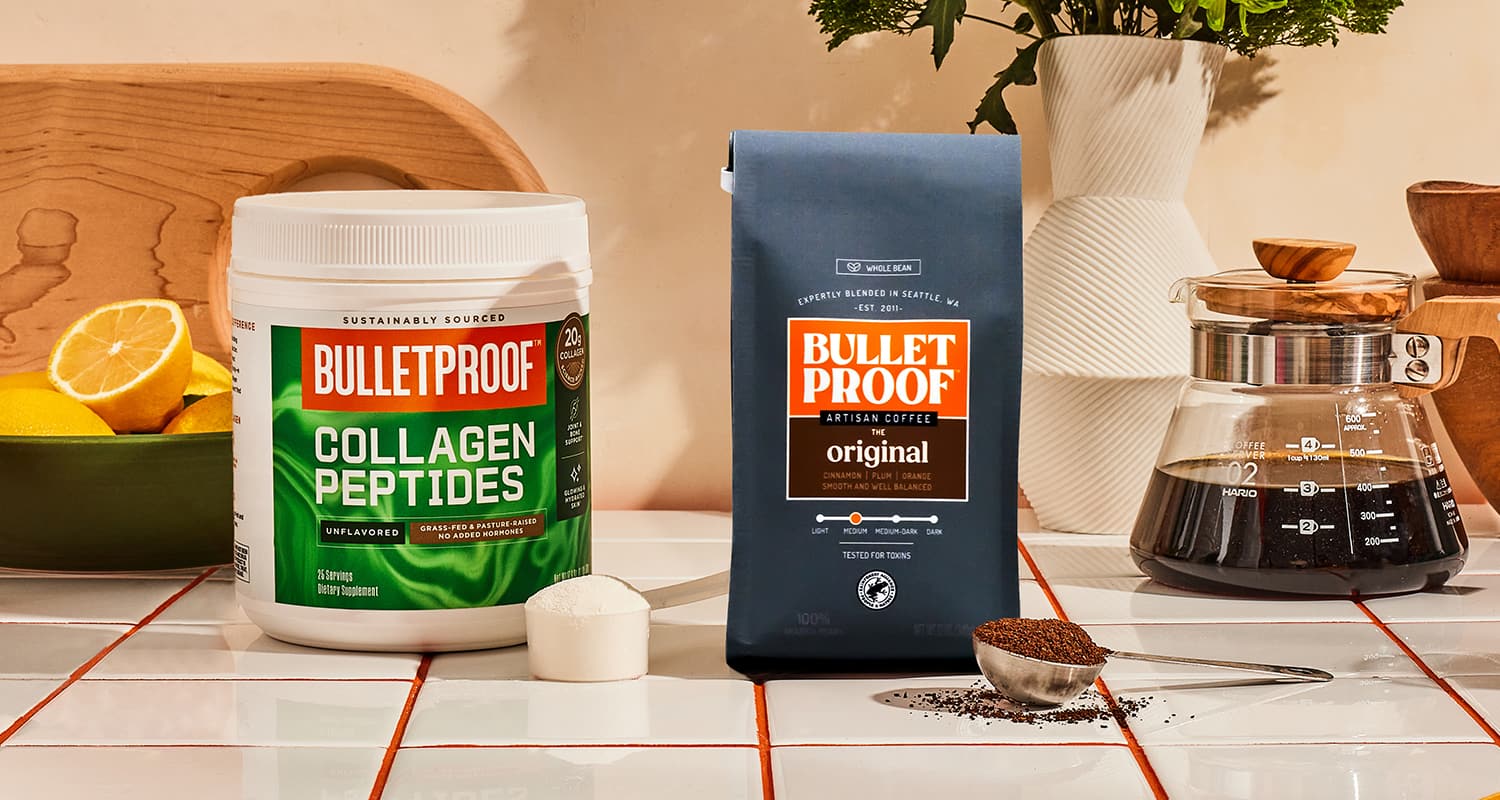
Collagen supplements run the gamut from lotion and topical creams to oral collagen supplements. In our view, here is the easiest, most reliable way to make sure you’re getting meaningful amounts of bioavailable collagen: collagen peptides powder.
What is collagen powder? Also known as collagen protein, this supplement makes it easy to get more collagen in your diet. Just mix one or two scoops of collagen powder into your smoothie, Bulletproof Coffee, soup or water.
Choose a powder that comes from grass-fed, pasture-raised, hormone-free cows. We made it easy: Bulletproof Collagen Peptides come from grass-fed cows and is available in Unflavored, Vanilla and Chocolate flavors.
Or you can experience completely new energy with new Bulletproof Energy Collagen Protein. It’s made with all nine essential amino acids, MCT oil and a Custom Energy Blend of ginseng, magnesium and cordyceps mushroom, plus 20 grams of collagen protein.
Want a dose of collagen in a delicious, satisfying snack? Try Bulletproof Collagen Protein Bars, made with 11 grams of protein per bar and 2 grams of sugar.
Take your vitamin C
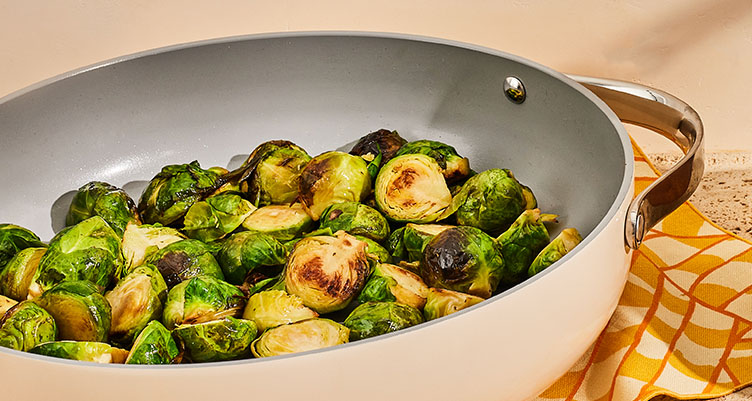
You need vitamin C to support collagen synthesis, the process in which the human body makes collagen protein.[13]
“Skin fibroblasts have an absolute dependence on vitamin C for the synthesis of collagen, and for the regulation of the collagen/elastin balance in the dermis,” wrote researchers in a 2017 literature review.
There’s an easy way to get more vitamin C in your diet to help produce collagen: Eat lightly cooked vegetables like brussels sprouts, spinach and broccoli, as well as fresh berries.
You can also up your vitamin C supplementation to support collagen production (and get bonus vitamin C benefits). For adults, the recommended daily amount is 65 to 90 mg a day, and the upper limit is 2,000 mg a day.[14]
Collagen Peptides FAQ
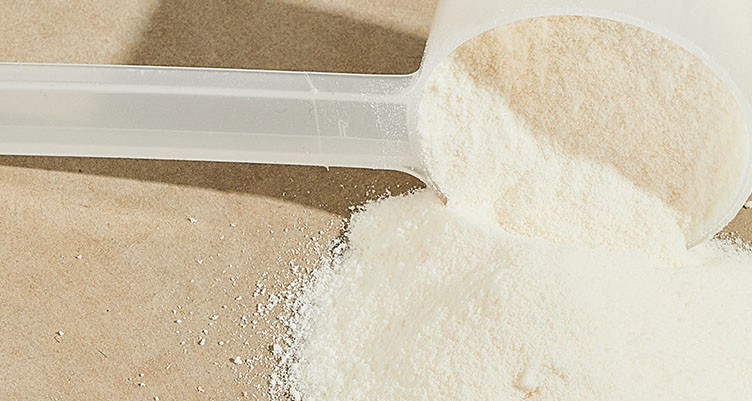
What’s the difference between collagen and gelatin?
Gelatin and collagen offer similar benefits because they’re essentially the same thing in different forms.
The difference is that gelatin forms a jiggly gel when it’s dissolved in hot liquid and cooled. Bulletproof Collagen Peptides are hydrolyzed a step further so it mixes easily into hot or cold liquids without gelling when it cools.
Use Bulletproof Collagelatin to make puddings, jellies and gummies, or to thicken soups and sauces.
What supplements can I add to my collagen for skin health?
To benefit your skin even more, combine collagen with other skin-friendly ingredients like antioxidant vitamin C and hyaluronic acid. You’ll get all the benefits of collagen, plus support for healthy, hydrated skin as a side effect.
What does “hydrolyzed collagen” mean?
“Hydrolysis” sounds funky, but it just means breaking a hydrogen bond with water. The easiest way to think about this process is to think about all the steps involved with digestion.
You break down your food into smaller parts by chewing it, and then it gets broken down into even smaller particles in your stomach so your body can use all the nutrients. Like digestion, hydrolysis converts collagen into smaller molecules. These molecules are easier to absorb into your body.
How do I pick the best collagen peptides supplement?
You’ll find collagen peptides powder in tons of different products, like powders and bars. But before you start chowing down on collagen beauty elixirs and collagen muffins, ask yourself these questions:
- Does the collagen come from pasture-raised animals? When you buy products made from grass-fed animals, you support happy cows that spent most of their lives in pasture.
- Does it have any fillers? Look at the label to make sure it doesn’t include any unnecessary additives. The ingredients list on unflavored collagen peptides should list hydrolyzed collagen powder—not artificial junk.
Collagen is one of those rare supplements that actually deserves its healthy aging title. So sip on some bone broth or mix protein powder with collagen into your smoothie—it’s an easy upgrade to your daily routine.
Read next: 14 Collagen Peptide Recipes to Make Your Skin Glow
Sign up for early access to sales, product launches, the latest Bulletproof news and more!
This article has been updated with new content.



